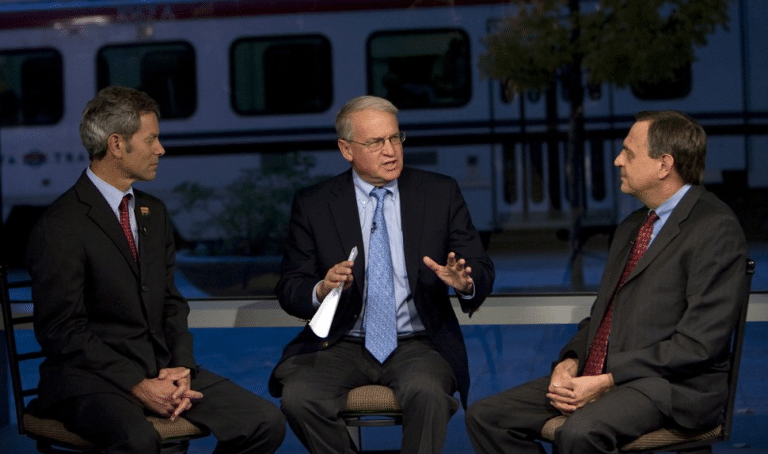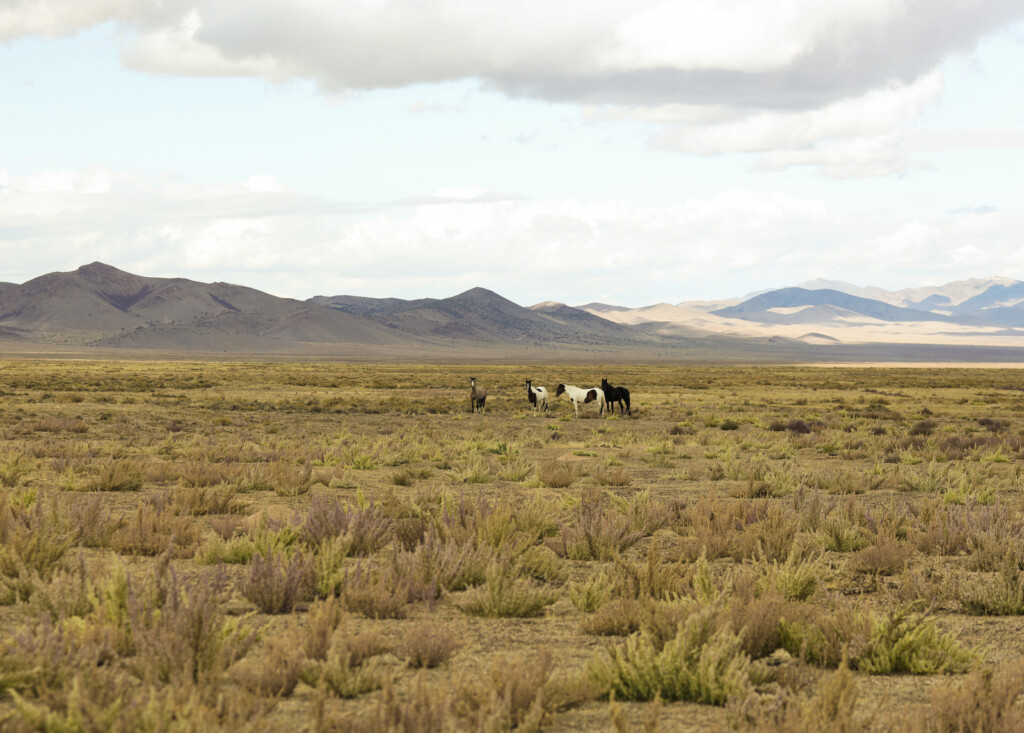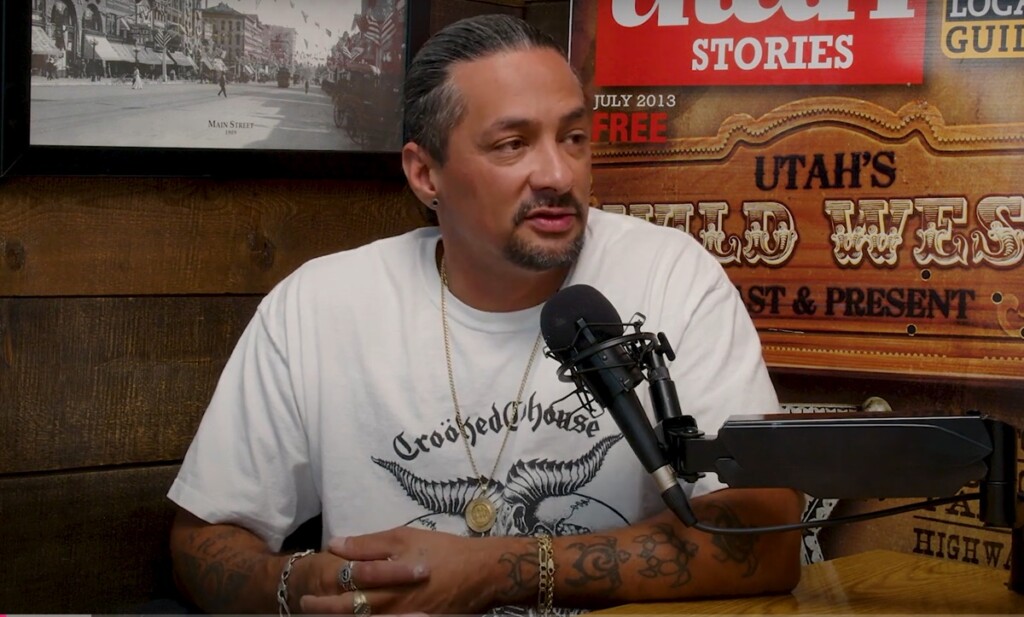In Episode 16 of the Utah Stories Show. I sat down with Utah’s long-time local news reporter Rod Decker to talk about his new book about Utah politics: The Elephant in the Room.
Rod and I discuss politics from the early LDS Pioneers and how Utah became the most conservative state in the nation. We also get into my biggest question: How much does the LDS Church of today resemble or have the same objectives as the LDS Church that the Mormon Pioneers envisioned?
The Pioneer LDS Church wanted to build the Kingdom of God on Earth. That was their mission. They believed themselves to be the “New Israelites” or the new chosen people of God. The Mormon’s calling was nothing less than to do God’s bidding to prepare for the second coming of Christ, where they would be among the few who would be saved. Their original Kingdom existed inside of Mexican territory. Brigham Young quickly spread out all over the Western United States and called thousands of converts, many of which came from Europe, to settle towns throughout what would become Idaho, Wyoming, Nevada.
But then modernity caught up the The Latter-day Saints as the Gold Rush brought thousands of prospectors to Utah, and the completion of the Transcontinental Railroad brought even more outsiders or “gentiles” as they referred to all non-Mormons. Gold prospectors made a fortune in Utah while Latter-day Saints sat on the sidelines, directed by their leader Brigham Young to practice agriculture rather than mining. While Utah was a territory of the United States, Brigham Young was the territorial Governor. But the United States wouldn’t allow Utah to become a state until the Saints dramatically changed their practices and ultimately altered their vision for the future.
The United States Government began putting the screws down on the Church for their practices of polygamy and theocracy. The early church went through a dramatic reformation, as it became clear that members would need to conform with American values. To gain statehood, Latter-day Saints would need to hold the same values as the rest of America including practicing monogamy and allowing for democratically elected leaders. Mormons essentially had to abandon their early ideas and vision been considered patriots, and they have increased their prominence, power and position in national politics.
Do Latter-Day Saints Still Consider Themselves the “Chosen People of God”
My main question for Rod Decker, a local TV reporter who has been covering Latter-day Saints and Utah politics for forty years is:
Do Latter-Day Saints still see themselves as the “chosen people of God”? Are they still working to build “The Kingdom of God on Earth”?
Decker and I delve into these questions,. In attempting to find answers we examine the ideas in Decker’s new book Utah Politics: The Elephant in the Room.
Decker’s book examines why the Church and it’s members have become so Republican. Until Roe Vs. Wayde LDS members and Utah as a whole didn’t vote almost exclusively Republican. As Decker explains in thirteen out of seventeen president elections prior to Roe Vs. Wayde, Utah was on the side of the winning candidate for president. After Roe Vs. Wayde, the political tide among Mormons living in Utah and the LDS Church Leadership completely changed. Mormons fell into line with the main-stream Conservative, Christian Right and in many cases proved themselves to be ever more conservative than Evangelical Christians.
Legislating Morality Vs. Legislating Economic Dominence
Decker and agreed on most points that we discussed. Where our opinions diverged was on the point of whether or not the Church is only up to legislating morality and influencing legislative decisions regarding the morality of the population of Utah, or whether they were crossing the line and using their power to control economic interests and practice extreme cronyism in Utah. Decker doesn’t believe that the LDS Church crosses the line in this respect, however I disagree.
Concerning liquor, the LDS Church via the Utah State Legislature uses their power to have the ability to not only do favors for those who they like, but pick winners and losers. In the episode I point out some specific examples. Liquor laws are designed in a manner to help the biggest producers and retailers and hurt the small producers and local makers. We will need to write a separate article just on this topic, but this is indeed the case. Mr. Decker wasn’t aware that this was happening.
Still, It was an enlightening conversation. I hope that readers will subscribe to our podcast through their favorite player, and/or watch the video (posted above) on YouTube. Also, go out and buy Decker’s book. As I said in the podcast, it’s a useful book in understanding how and why Utah is the way it is, and how the LDS Church operates in politics in Utah.








